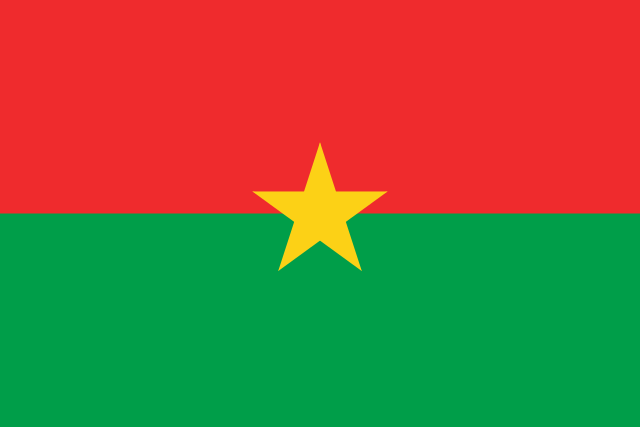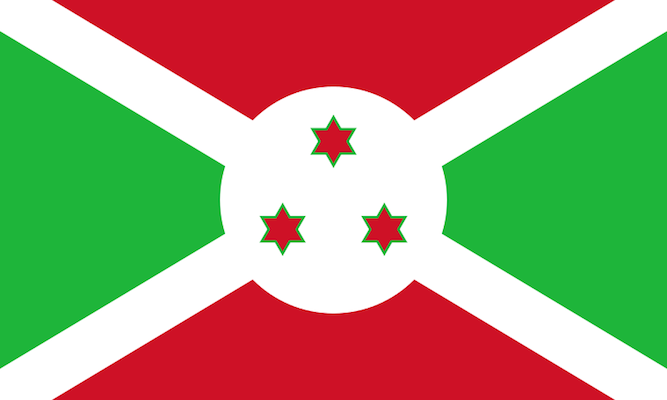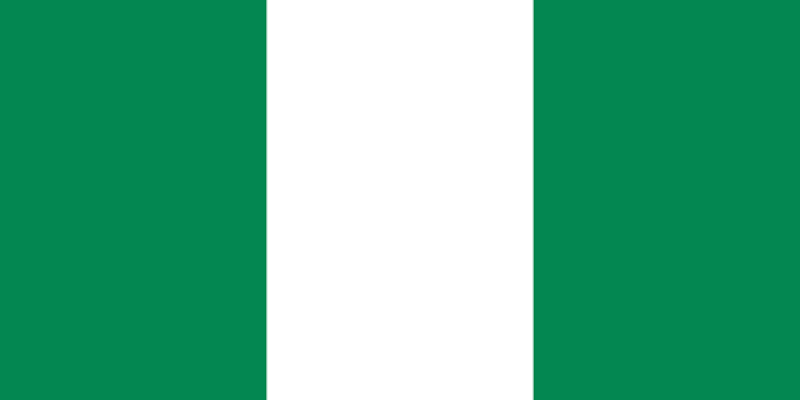Previously: 2015 Burkina Faso Coup

Good news: Not only did the regular Army quickly intervene to eject the Presidential Guard and restore the democratic transition, compelling the putsch leader to apologize publicly (also admitting a serious unforced error that will likely doom the Guard to demobilization) and surrender, but also the people of Burkina Faso very broadly and decisively rejected the coup.
This is explored in Brian J. Peterson’s analysis at African Arguments entitled “After the coup in Burkina Faso: unity, justice, and dismantling the Compaoré system”:
Among civil society, there was no pro-coup faction to speak of, aside from reports of a few fake protesters (identified as RSP members in plainclothes). Even Diendéré’s own home village turned against him. Aside from the labour unions, the grassroots movement Balai Citoyen, the youth, traditional leaders (such as chiefs, hunters associations, and the Moro Naba), and the heralded broom- and spatula-wielding women, all rallied to the cause of opposing the coup.
(Additionally, not one political party besides the pro-Compaoré party supported it.)
The way in which the people and the transitional government handled this worst of all political nightmares on the eve of an election should give the Burkinabé people greater confidence in their belief that they can shape their country’s destiny. Through this whole process, the people have also discovered a newfound courage to speak their minds.





